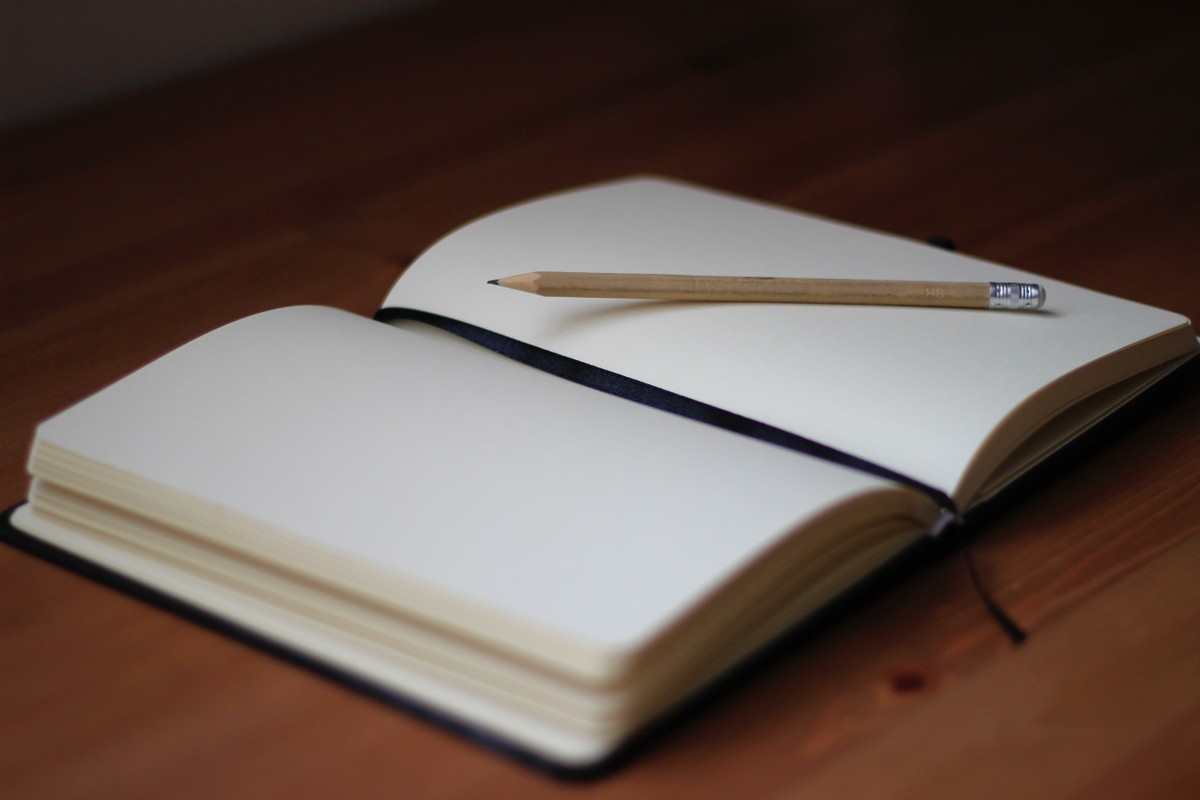
This is from the audiobook ”Plasticity” which impressed me. I’ve listened to it in my native language and it is the book “The Brain that Changes itself” by Norman Doidge in English.
The book begins by describing Cheryl, a woman of about 40, whose vestibular apparatus, the organ for the balance system, isn’t working because of the effects of gentamicin treatments. She looks like a person walking a tightrope at the moment before losing his balance and she perpetually falls. As a result, the woman lost her job and lives on a disability check.
The device that her doctor suggested is a sensor in a construction worker’s hat with a plastic strip containing electrodes inside which attach to the tongue.
Electric shocks that feel like champagne bubbles indicate the position of the head. She says she soon forgets that the sensory information is coming from her tongue and can tell where she is in space. But the most interesting thing is that this device has a residual effect and Cheryl feels balance for some time after she takes off the hat. She has been training for some months and the residual effect is now more than 3 hours long.
The scientists are working on getting this excellent device small enough so that it can be hidden in the mouth. And it can help not only people like Cheryl but also elderly people who begin to fell because their vestibular sense starts to weaken just like hearing, taste and eyesight.
But this story is more about our wonderful brain which can build new connections and can change itself with the help of devices (in this case) or without them. By the way, doctors say that dancing and balance training help old people to maintain their vestibular apparatus.

What an interesting subject. I had no idea that the tongue could be used to help people retain their balance.
I was surprised too. It turns out, that the reason is that there are a lot of nerve endings in the tongue. ( or "on the tongue"?)
In the tongue. Prepositions are hard in every language.